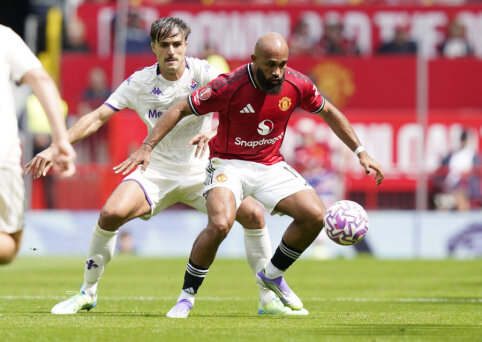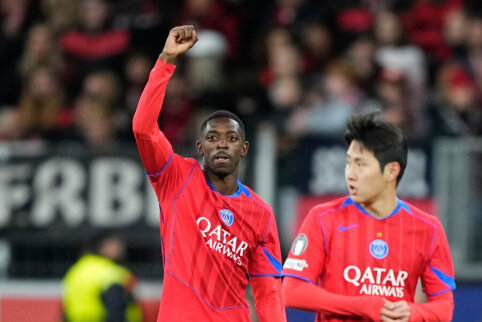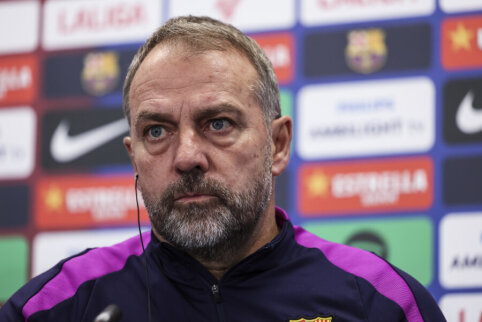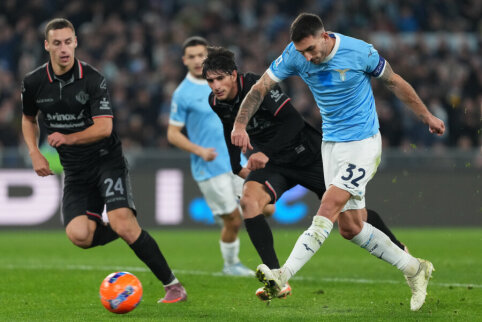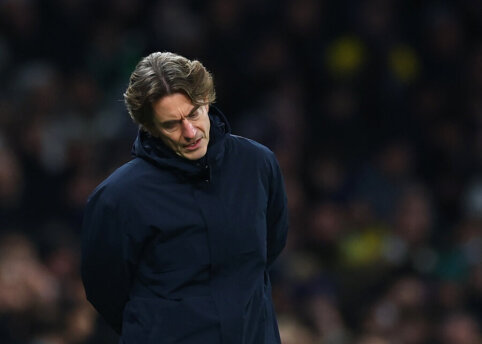 © EuroFootball.com
© EuroFootball.com
This weekend will mark the end of the French "Ligue 1" championship, which this time was more nerve-wracking than ever for coaches - ten of the oldest coaches had to leave their positions. Considering that in the 71-year history of the French championship, 246 coaches have lost their positions, this is a relatively large number and a new national record. Especially since 20 teams play in the country's championship.
The previous record (or anti-record, you could say) was set four seasons ago when 9 coaches left their positions. This French season among the major European leagues has "achieved" a new record, indicating the instability of coaches.
So this season was somewhat unexpected for many. Traditionally, French clubs have been models of patience, constantly "producing" excellent players, and coaches were given plenty of time to implement their ideas without the risk of being fired. However, the 2004/05 season in "La Liga," "Serie A," and the German Bundesliga appeared to be a much safer place for coaches. Even though it used to be the opposite.
For coaches working in France, this trend is worrying. "Coach turnover has always been a part of French football," says Joel Muller, fired from a team in January, now the head of the French coaches' union UNECATEF. "But this year, the guillotine is so frequent that we must ask whether our coaches have suddenly become incompetent, or are there other reasons."
Muller was concerned that a lucrative TV rights deal, under which clubs will receive funds depending on their place in the league table, could have a profound impact on some coaches. "We (UNECATEF) are not going to change the system, but we want club presidents to know that firing a coach is not always a way to climb up the league table," he says.
However, even though the size of the "Ligue 1" TV deal is the second largest in Europe (after England), clubs are still struggling to find funds. And when things go poorly, coaches are often blamed. A similar opinion on his dismissal is held by the Frenchman Gernot Rohr, who was fired on April 26 and was considered by many to be the savior of the team. "Last summer, we sold our three best players for 5 million euros," says the coach, who has reached the UEFA Cup final with the team. "Of that amount, only 2 million was reinvested." In such conditions, Rohr did not find it very surprising that it was difficult for him to build a solid team.
While some blame finances, others look for reasons elsewhere. Guy Roux, who has been working in France since 1963, has a different explanation. "This phenomenon is related to the rotation of club presidents," he says, pointing to new club presidents who are not club owners once. While old owners tended to favor loyalty, new presidents typically act decisively when problems arise. This season, early and successful coach changes in clubs may have prompted other presidents to get rid of their own coaches when things worsened.
However, it seems that French clubs are beginning to address the issue of coaches on a "quick fix" principle - if results disappoint, find a new coach. Ten coaches in "Ligue 1" have already lost their jobs. "The value of stability seems to no longer exist for some leaders," says Muller.
